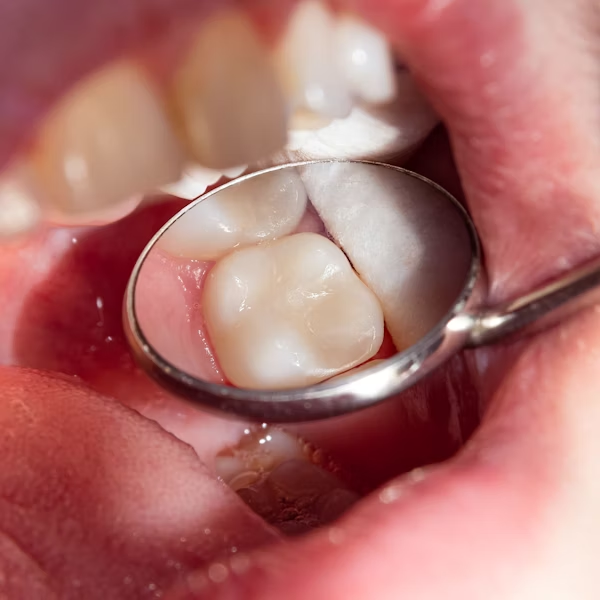Being the most renowned cosmetic dentistry treatment in cosmetic dentistry treatments in Surprise, a full mouth reconstruction addresses several functional and aesthetic crises to transform your smile fully. Have you been suffering from oral health issues, bone atrophy, or missing teeth? If so, a dentist in Surprise, AZ, suggests considering full mouth reconstruction to recreate your precious smile and ensure your well-being. Although the surgery has enormous benefits, such as stopping jawbone deterioration, no surgery comes without risk. Let’s discuss the nitty-gritty factors of full mouth reconstruction, advantages, and disadvantages!
Full Mouth Reconstruction: Overview
It’s also known as full mouth rehabilitation or restoration, which is about restoring every tooth in the upper and lower jaws. The objective is to boost the appearance and function of the teeth while fixing any concealed issues that might be causing dysfunction or pain. There are several reasons why someone might require full mouth reconstruction, which are shown below:
- Missing teeth
- Jaw pain or TMJ conditions
- Intense toothache or toothwear from bruxism or acid reflux
- Intensely damaged or decayed teeth
- Misaligned teeth
If you’re dealing with any issues, you might be a candidate for complete mouth restoration. During your visit to the dentist, they will assess your oral condition and provide recommendations regarding your specific requirements. Full mouth rehabilitation can be an intricate and multi-phase treatment, but the result is that you get a charming smile ever than before!

Benefits and Risks of Full Mouth Reconstruction
Benefit #1: Stop Jawbone Deterioration
The body starts to filter nutrients to other parts without tooth roots to facilitate the jawbone, which breaks down because of a lack of nutrition. Phosphorous and calcium in the bone are directed to different body parts. However, jawbone degeneration can affect the structure of your face and your proficiency in speaking, and it can age your appearance by decades.
Risk #1: Oral Infections
Surgical processes have specific risks if oral surgery is part of your complete mouth rehabilitation. You may discuss your overall health and treatments before oral surgery.
Benefit #2: Replace Missing Teeth
Missing teeth can deter an individual from going after jobs, prevent them from dating, and affect their confidence and quality of life. It also impacts the adjacent teeth, leading to pain, discomfort, and across-the-board tooth loss.
Risk #2: Higher Chance for Root Canal Therapy
Even though it is highly unusual, a crown can become loose enough to allow bacteria to infiltrate the healthy tooth underneath the repair. Bacteria thrive there in that warm, dark, and damp environment. Root canal therapy is the only procedure that could prevent the tooth from completely failing if it has become contaminated from the inside.
Benefit #3: Relieve Tension on Jaw Joints
When teeth get worn down or become chipped, the right fit for the lower and upper teeth when the mouth is shut can become unstable. This is known as relationship occlusion; it’s termed malocclusion when it’s out of alignment. Since facial muscles modify the jaws to a seamless position, jaw joints might be troubled and nerves stimulated. The consequence is head, face, and neck aches and sometimes a tingling sensation. Therefore, full mouth rehabilitation can fix occlusion to relieve jaw joints and adjacent tissues.
Conclusion
Complete mouth restoration or reconstruction treatment options include dentures, dental implants, bridges, and porcelain inlays/onlays. This surgery is one of the best ways to recuperate the functionality and appearance of your teeth, regardless of the type of dental issue you’re going through. With the best dentist by your side, full mouth reconstruction can return your precious smile. The process is lengthy and usually takes approximately 6 months to a year.

